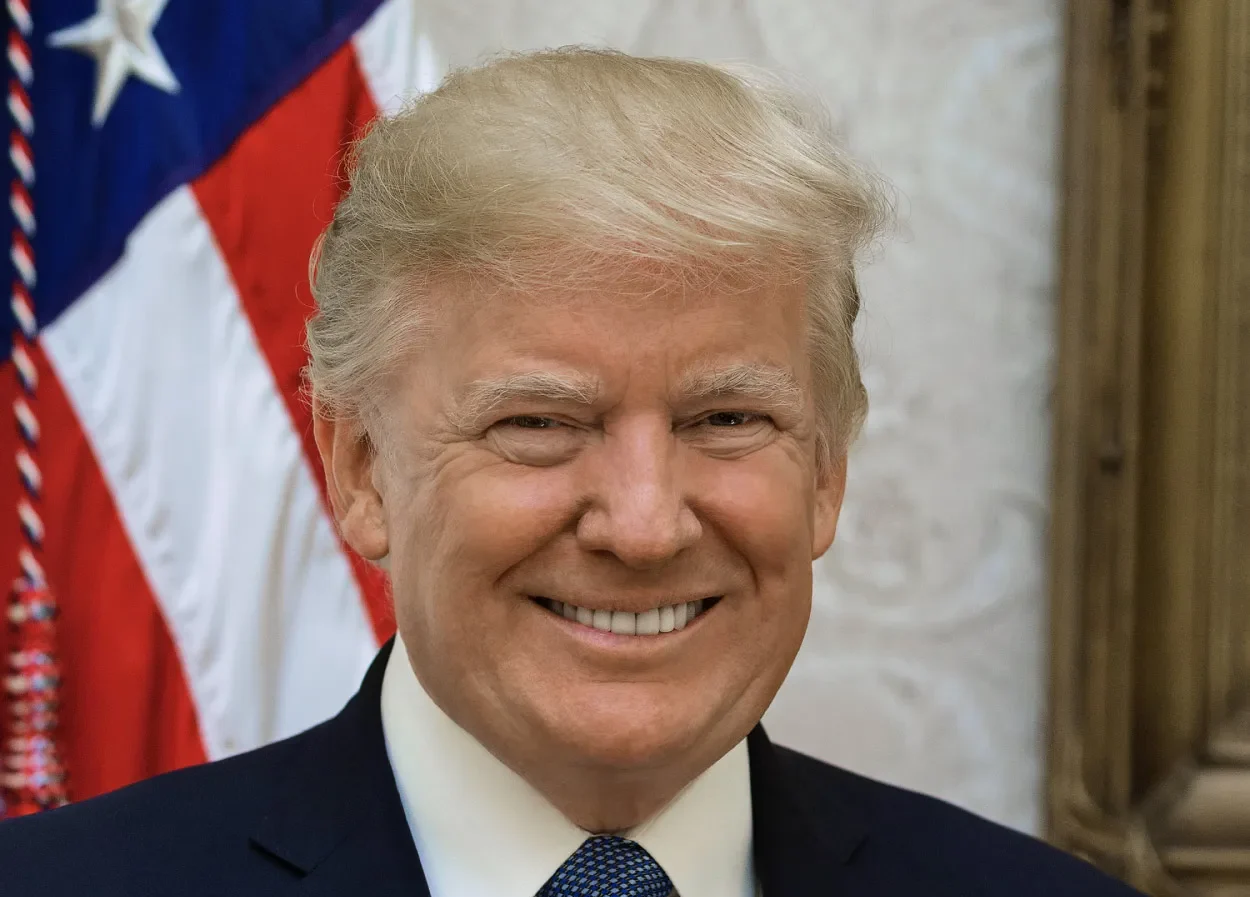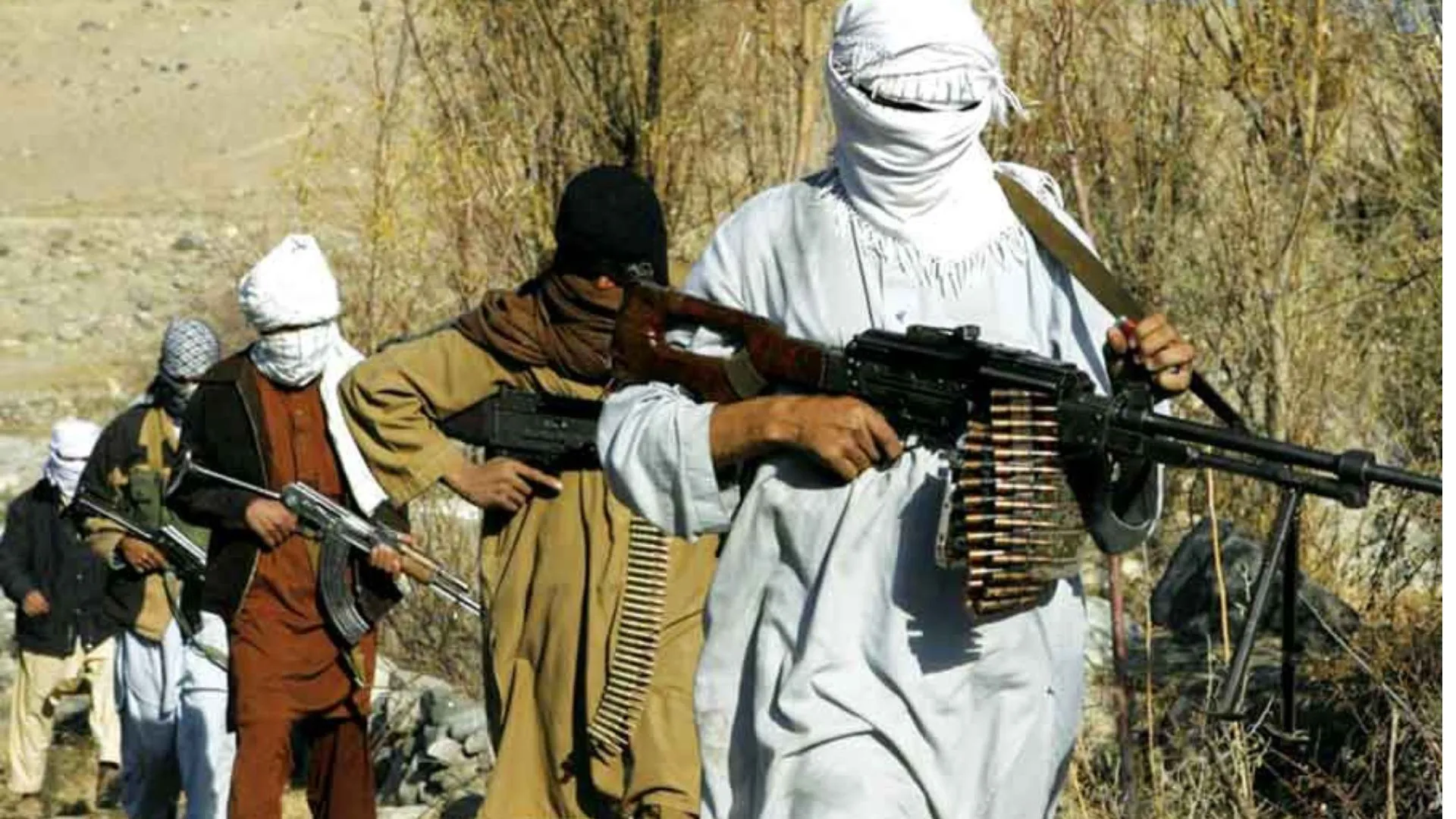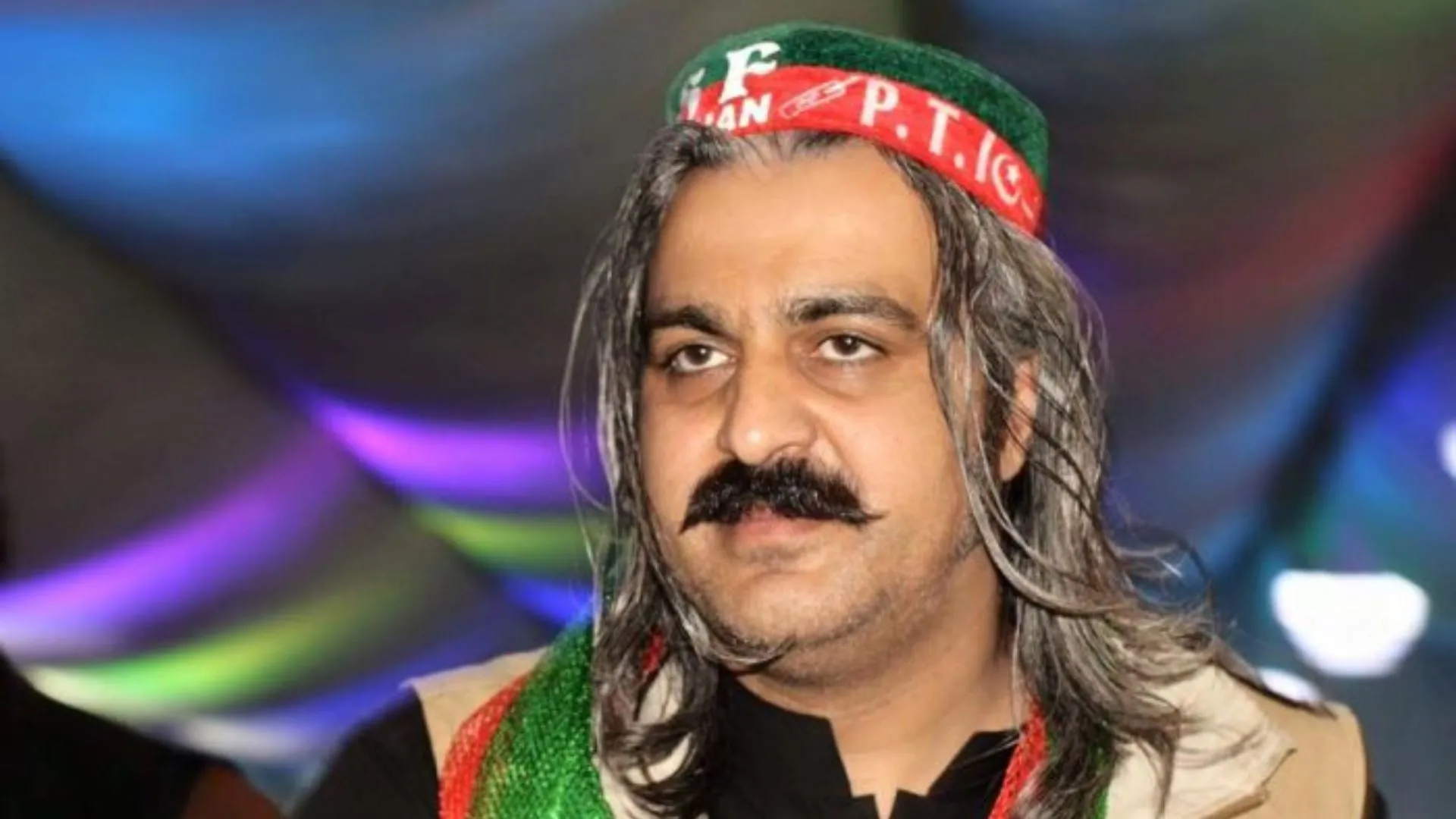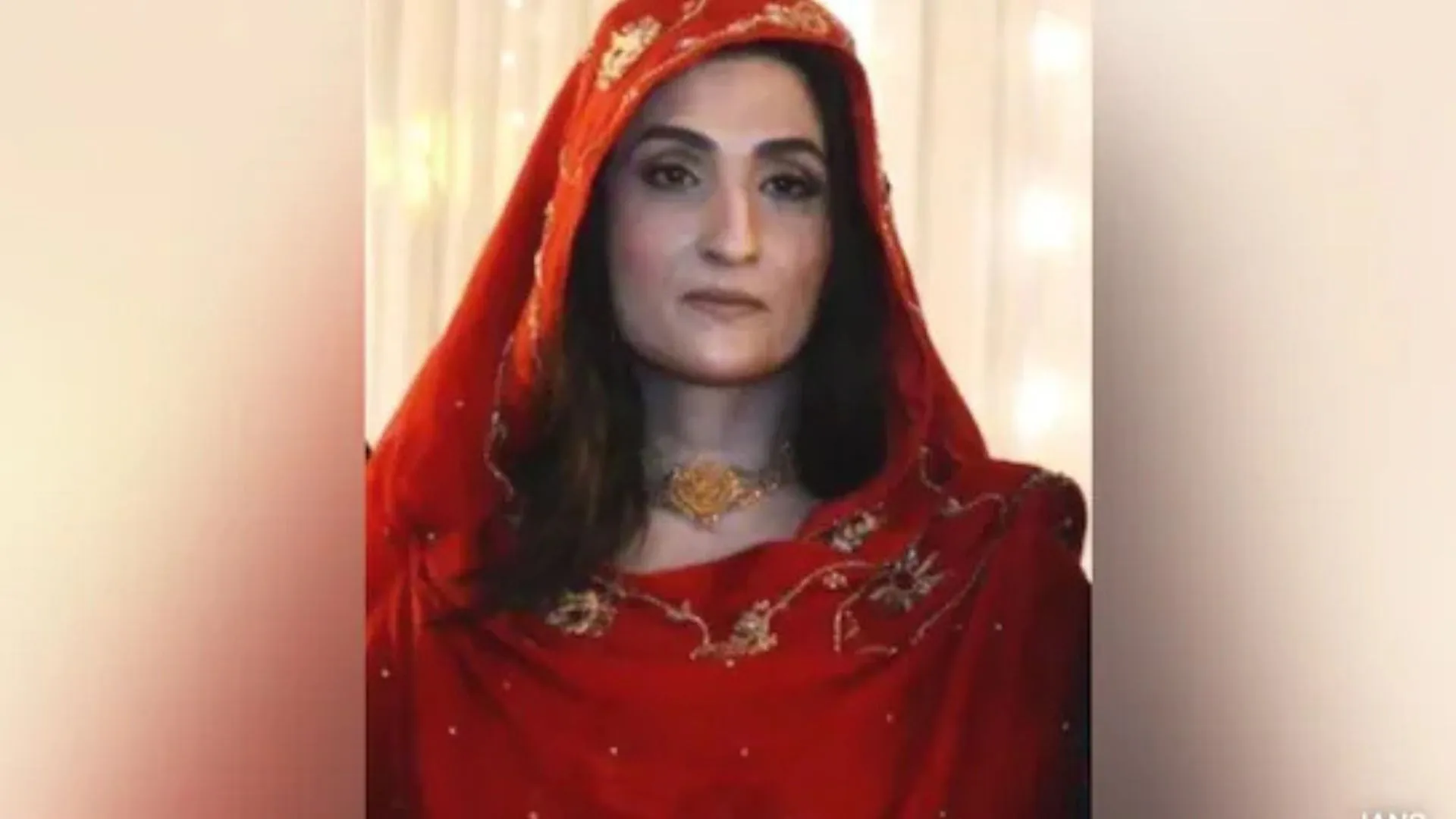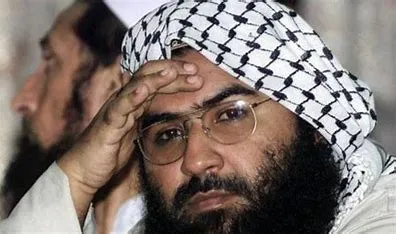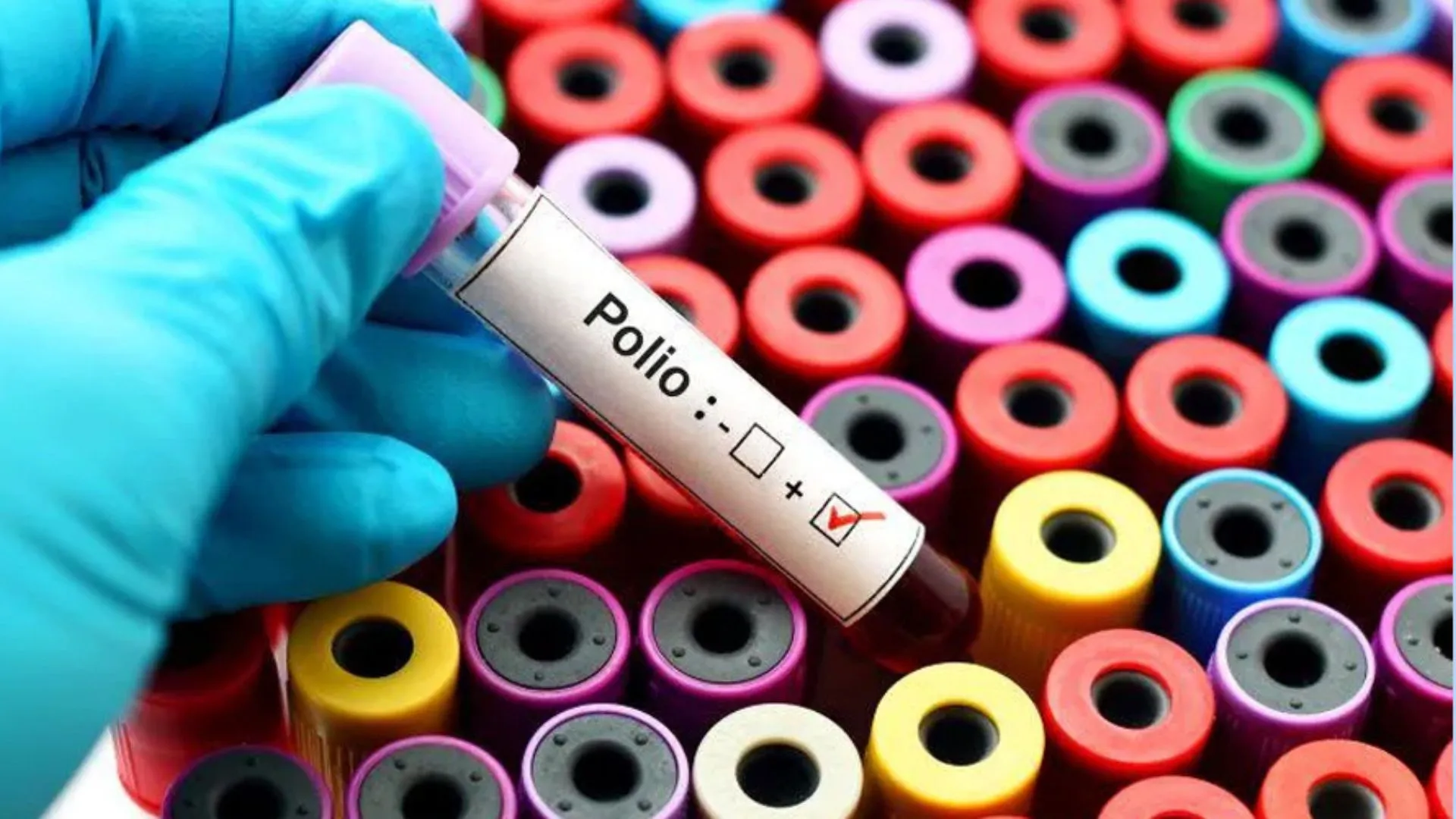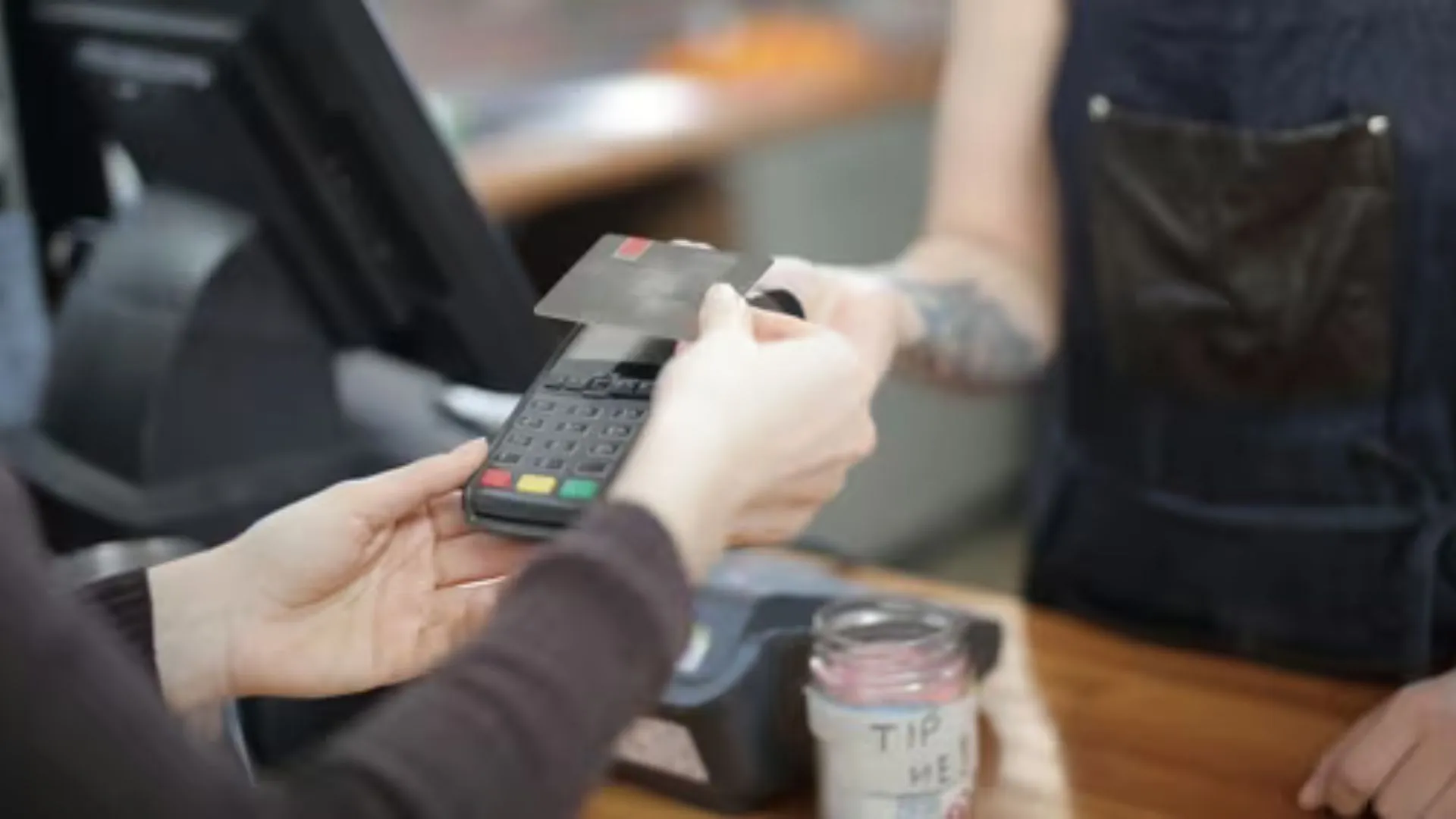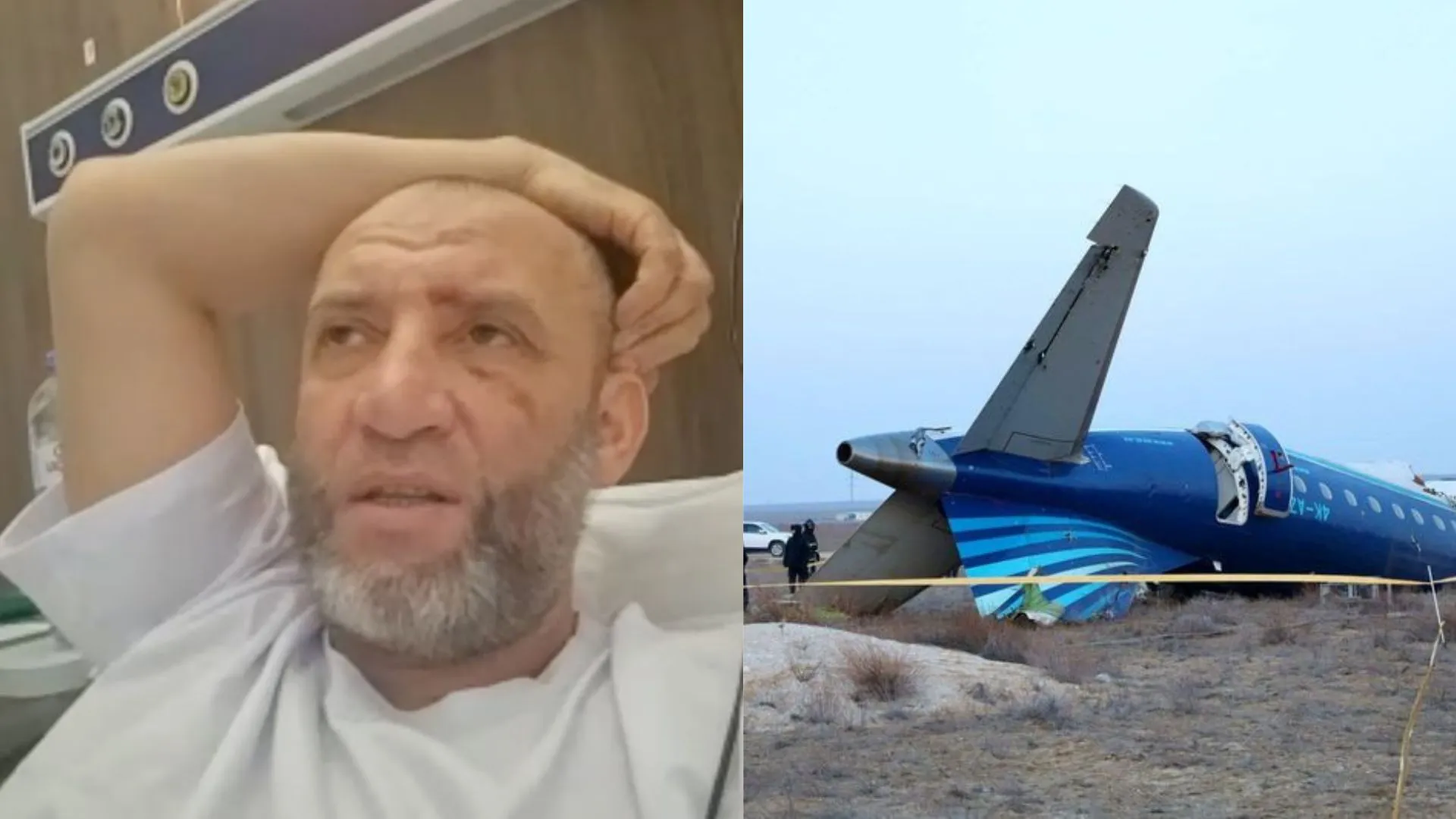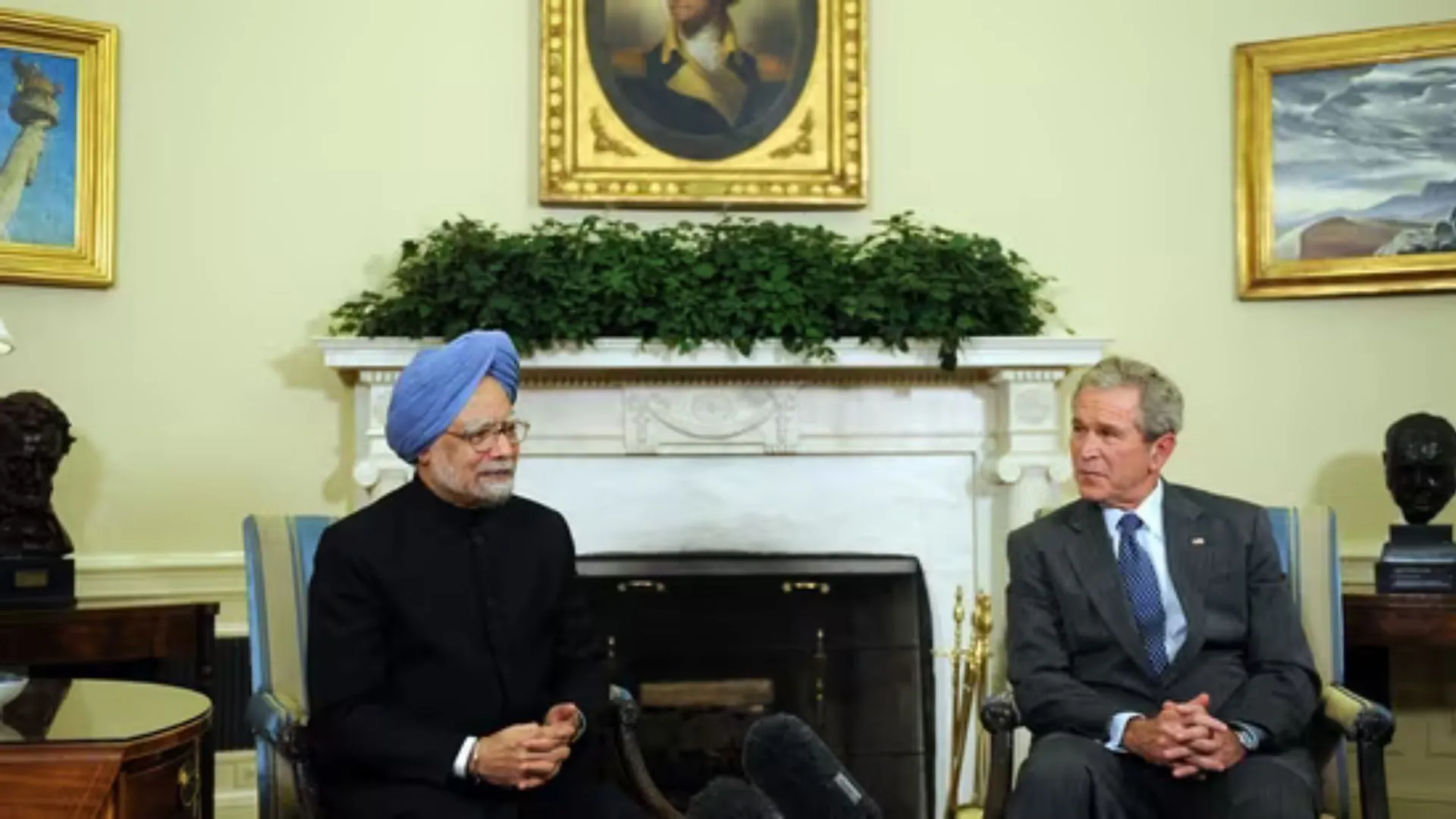A judge has postponed Donald Trump’s sentencing for concealing hush money payments until September 18, citing a recent Supreme Court ruling on presidential immunity. This decision also delays Trump’s trial related to allegations of conspiring to overturn the 2020 election.
Following the Supreme Court’s ruling granting Trump partial immunity from prosecution as a former president, his legal team asserted that this vindicated Trump’s stance against being judged for his “official acts.” They reiterated their request to set aside his conviction.
Originally scheduled for July 11, just before the Republican National Convention where Trump is expected to be nominated for the presidency against Joe Biden, the sentencing has been rescheduled to allow time for consideration of the Supreme Court’s significant decision.
Manhattan prosecutor Alvin Bragg did not oppose the delay but maintained that Trump’s arguments lacked merit.
In May, Trump became the first former US president convicted of a crime, facing charges of falsifying business records to conceal payments linked to an alleged affair with an adult film star during the 2016 election campaign.
In response to the ruling, Trump posted on Truth Social asserting his innocence and emphasizing the ruling’s implications for justice in the United States.
Joe Biden cautioned that the Supreme Court’s decision establishes a dangerous precedent that Trump could exploit if re-elected.
Legal experts like Yale University’s Asha Rangappa noted the challenge in distinguishing between Trump’s official and unofficial acts, given the Supreme Court’s limited guidance.
Trump, facing multiple criminal cases, has actively sought to postpone his trials until after the upcoming election.
The Supreme Court, dominated by conservatives, affirmed that presidents enjoy absolute immunity from criminal prosecution for official acts while in office but can still face legal consequences for unofficial actions.

